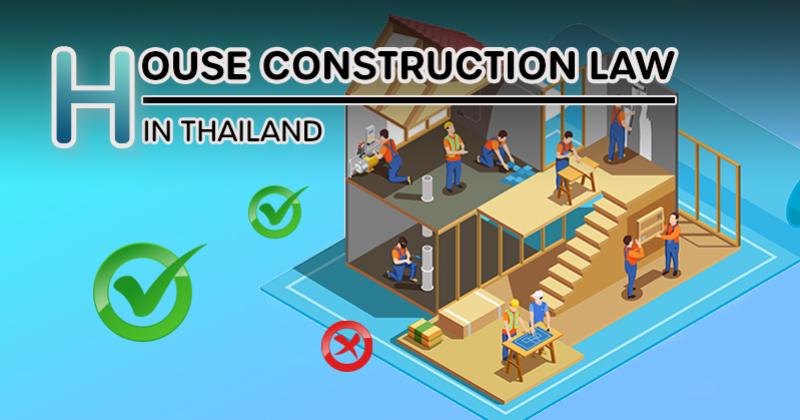
Created : 28 Dec 2023
Updated : 28 Dec 2023
What is real estate? 5 types of real estate Things you should know before investing
"What is real estate? What does real estate mean?" This is a thought-provoking question for those interested or involved in real estate. Knowing that real estate is more personal than you think is crucial because, undoubtedly, everyone needs a place to live, whether it be a house, condominium, townhouse, or apartment. Let's delve deeper into this topic together.
"What is real estate?
"Real estate" refers to land, buildings, and other permanent improvements attached to the land. This includes structures such as houses, buildings, offices, industrial facilities, and standing timber. Additionally, it encompasses natural features inherently connected to the land, such as rivers, ponds, minerals, gravel, and sand within the territorial boundaries of that land. All these components collectively form real estate.
Real estate refers to rights associated with real property, such as ownership rights in land and rights to inhabit a property. This category encompasses various rights, including land ownership and residential rights. In simple terms, real estate can be described as immovable property that is difficult to move or destroy. If it can be moved or destroyed, it is typically challenging to do so.
What is real estate? And how is it different from other forms of investment?
"Real estate" refers to property that cannot be easily moved or carried from one place to another. It includes land and any structures permanently attached to it, such as houses, office buildings, industrial factories, hotels, dormitories, and condominiums. Therefore, before investing in real estate, investors should understand the distinctive characteristics of real estate that differentiate it from other forms of investment in various ways.
• The value of real estate depends on external factors, meaning that the property's price is influenced more by its location, surroundings, and the economic conditions at the time, rather than the intrinsic qualities of the property itself. If the economy is in a downturn, real estate prices are likely to decrease accordingly.
• Real estate requires a long time to convert into cash. Real estate is a high-value asset, so converting it into cash can take a considerable amount of time. This process is also associated with higher risks. However, the risk can be mitigated by leasing the property or engaging in personal business activities on the land to generate a cash flow.
• Real estate often tends to appreciate in the long term. While short-term fluctuations may occur due to economic conditions, especially during economic downturns, real estate generally sees an increase in value over the long term. This appreciation is heavily influenced by the property's location.
• Real estate has a long lifespan. In general, both land and structures can have a long lifespan, lasting anywhere from 50 to 100 years. This longevity allows property owners to utilize the real estate for generating income over an extended period.
There are several interesting business models within the real estate industry. Once we understand what real estate is and the advantages of investing in it, it's important to note that the business can be diversified based on various purposes. Here are some common types:
1.Agricultural Real Estate:
2.Residential Real Estate:
3.Commercial Real Estate:
4.Industrial Real Estate:
5.Recreational Real Estate:
Today, our page is presenting information about real estate, hoping that it will be beneficial for all of you who come here to read. Additionally, The Property Center page also has many other great articles that you can read. If any of you are looking to find a house or other real estate, you can entrust your property to us for sale. We have clients contacting us every day, and we will professionally handle the work on your behalf. The Property Center warmly welcomes all homeowners. We have a team that posts on various online media platforms and creates advertisements in newspapers and marketplaces. These services are free, and we only charge a commission fee of 3-5%. Please contact us promptly.
Thank you for the information from
https://www.kasikornbank.com/th/propertyforsale/article/pages/how-to-invest-in-real-estate.aspx

